Agatha Christie’s 1939 novel, Murder is Easy, is adapted in new BBC series, but is it as provocative as its writer and director hoped?
Murder is Easy is an ambitious take on the Queen of Crime’s 1939 novel, though not as complex as some predecessors.
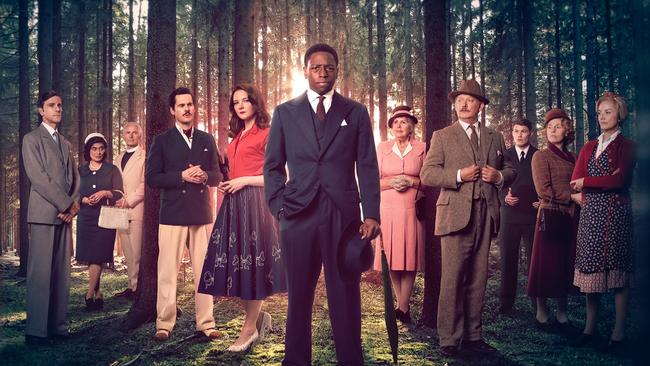
The Agatha Christie revival seems to have been going on for some time, not least since the BBC produced Sarah Phelps’s brilliant adaptation of And Then There were None in 2015. This is after the highly successful television whodunits featuring Christie’s most famous detectives, Marple and Poirot, from Britain’s Granada in association with intellectual rights company Chorion, which purchased Agatha Christie Ltd in 1998.
Once Christie seemed forever identified with the Golden Age idea of the detective story as a game, writing many of her books in the morning in her bathtub, scribbling those diabolic plots featuring red herrings, literary misdirection and the least-suspected person culprits on a writing board across the tub.
But the lively, unapologetic makeover of Christie for TV coincided with a reassessment of the bestselling writer by literary historians who discovered an unconscious, intuitive feminism in the way she depicted women as adventurous and independent.
John Lanchester, in a significant essay in 2018, suggested Christie’s preoccupation with identity and the constricted nature of character and society identifies her as modernist, rather than the banal trickster adept at literary sleight-of-hand tricks. It’s a label that still pursues her after Edmund Wilson, way back in 1945, accused Christie of deception, mawkishness and banality and being impossible to read. (Of course, millions, hardly deterred, did and still do.)
These energised TV series though became classics, beginning with the revamped, darker-toned Poirot in 2003, and Geraldine McEwan’s spinster investigator Miss Marple in 2004. They were clever, highly intelligent and concerned with the darker psychology of the novels.
McEwan said, just after beginning to shoot the first series, that she wanted to extract Marple from “the whole tweedy, village spinster on a bicycle image”.
Phelps took it much further with her version of And Then There were None, followed by The Witness for the Prosecution the next year, Ordeal by Innocence in 2018, The ABC Murders the same year, and the Pale Horse two years later. (Not forgetting Kenneth Branagh’s Christie cinematic revamps with the successful 2017 Murder on the Orient Express and the next year’s Death on the Nile, and the critically applauded “supernatural thriller”, A Haunting in Venice.)
Phelps’s unorthodox approach to dramatising Christie’s stories dismayed many purists but delighted those interested in innovative storytelling. “Cosy Christie” was twisted into something more substantial.
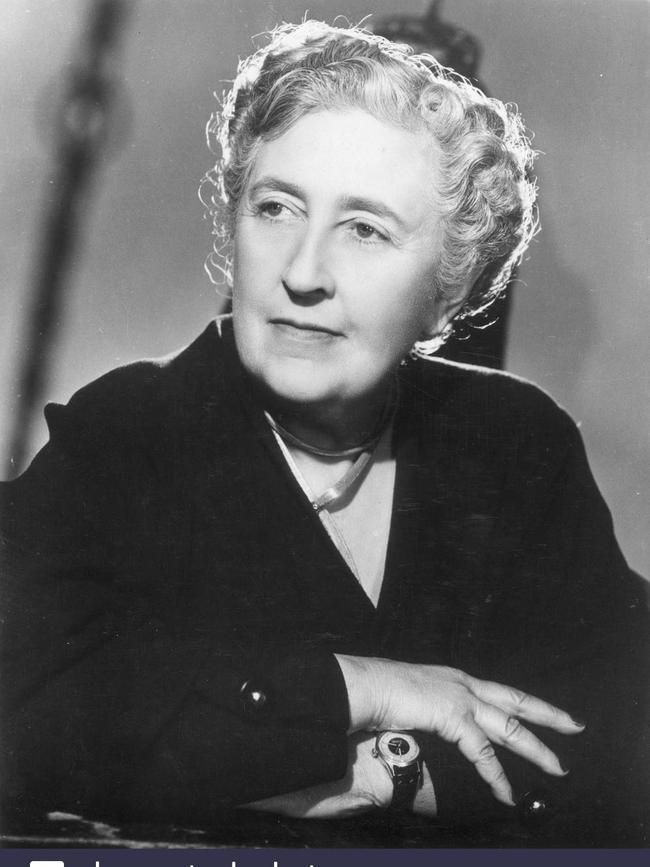
“I think she is an unsettling writer, and she nails very succinctly and very forensically a sense of identity, a sense of Englishness where actually there’s a real tension to that identity – and there’s a tension to it because there’s a body on the floor and that body’s been murdered,” Phelps says of her more visceral approach. “They’re entertaining stories and deliciously plotted but there’s also something else going on, something quite worrying and dangerous.”
The latest BBC Christie, Murder is Easy, is also ambitious but nowhere near as complex or challenging, though it certainly is broadly entertaining in its heightened, almost theatrical style, with a large ensemble of perfectly cast British character actors.
With their theatre training, they possess a verbal dexterity and a love of performing, delighted to pretend to be what they aren’t. “Scratch an actor,” Laurence Olivier said, “and you find an actor.” The large ensemble cast includes Penelope Wilton. Mark Bonner, Douglas Henshaw – if only he had never left Shetland – and Mathew Baynton.
The production is the latest for the BBC from Mammoth Screen and Agatha Christie Ltd, written by the relatively unknown Sian Ejiwunmi-Le Berre, and directed by Meenu Gaur.
Gaur is a London-based British-Indian director best known for her Oscar-nominated 2013 Pakistani movie Zinda Bhaag. Mammoth Screen is the enterprising production company responsible for Agatha Raisin and Endeavour, among many other shows, and successfully produced the Phelps Christies.
“A police officer from a fictional territory of empire returns to an England he longs for but barely knows, only to find the perfect village ruled over by a religious fundamentalist newspaper tycoon, as intelligent women howl with nihilistic despair, and the lower classes and dissident voices are picked off by an unknown killer.”
This is the way Ejiwunmi-Le Berre, summarises Christie’s novel. “Cosy Little England this is not. If you only read this novel, you’d take Christie for a revolutionary feminist.”
And like Phelps she is not content with the conventional notion that adaptation is simply translation, attracted by the way Christie experiments with form in her novel, her class and gender commentary, even experimenting with some folk horror in a darkly romantic comedy, “with seduction as much as deduction”.
Among several tweaks to Christie’s novel, published in 1939 – Ejiwunmi-Le Berre updates it to 1954 – the major difference is the way she changes Christie’s lead character, Luke Fitzwilliam. In the novel he is a retired English policeman, but Ejiwunmi-Le Berre refashions him into a handsome, highly educated Nigerian attache, a member of a still colonised ruling class. He’s played with the utmost charm by David Jonsson, impeccably dressed and with a refined upper-crust accent, an umbrella perfectly at home by his side. He has travelled to Britain to take up an important position at Whitehall but he’s not pompous or self-important but full of charm and gregariousness.
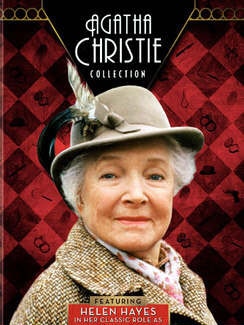
Ejiwunmi-Le-Berre, who is black herself, says this change of character was not an attempt to ensure diversity in casting but important to make the character work for her as she grappled with what she calls The Book. “As a wealthy, educated Nigerian, his limitations as a detective are external obstacles imposed by his immigrant status, not his weakness as a protagonist,” she wrote in The Guardian. The character is an African Anglophile living post World War II, and “Fitz’s outsider’s eye exposes the social unease and bitter cynicism” of Christie’s novel.
We first meet him on a train, after a beautiful titles sequence of skittles being knocked down one by one – perhaps symbolic of murder victims being taken out. This follows a recurring dream sequence of an as yet unknown black man running, perhaps pursued, through a dense thicket of trees and dropping some kind of ceremonial weapon. It’s surreal and disturbing.
As the train huffs its way through some beautiful countryside – these images are gorgeous – he’s joined in his carriage by an elderly woman called Lavinia Pinkerton.
She’s played with a “gentle appealing manner” – as Christie described Miss Marple – by Wilton, a delight. But she’s also surprisingly worldly, shrewd and articulate, instantly provoking Fitzwilliam’s interest.
They share fudge and discuss her love of horse racing, but she says she’s also “an old aunty talking mass murder”. It turns out she is on her way to Scotland Yard to report several deaths in her village committed by an unknown murderer “with a point to make”, who will keep on killing until he makes it.
She soon dies in a hit-and-run witnessed by Fitzwilliam who, haunted by her death and deeply intrigued, sets off for sleepy Wychwood under Ashe, where it seems murder is easy. He is, after all, a moral man educated to take duty and responsibility seriously. It’s clear to him that somehow her violent death on the main street is connected to her suspicions about the doings in her village.
The always beautifully dressed Fitz – how does he fit those immaculately tailored suits into the small case he carries? – is quickly at the centre of a classical Christie murder mystery in the small, perfectly manicured village. He’s aided by the lovely self-proclaimed “averagely observant secretary” Bridget Conway, played flirtatiously and with a delicious sense of drollery by Morfydd Clark.
Presenting himself to the suspicious locals as a cultural anthropologist investigating pagan practices in the village compared with those at home in Nigeria, he quickly encounters a number of suspects.
Especially prominent among them is Tom Riley’s profiteering Lord Whitfield, determined to build his own nearby town to benefit the local people – “Cementing Your Futures”, its placards boast – who “climbed the greasy pole to respectability” during the war.
Then there is Baynton’s lugubrious Dr Thomas, the local physician, his hobby criminology, a fan of eugenics and with a penchant for “judicious elimination”. His usual panacea for whatever ails the villagers is one of his bottles of cheap codeine linctus, the shelves of his surgery the shelves of his surgery are lined with the lethal-looking medicine along with books like The Scientific Guide to Improving Society.
And Fitz, one of those men who never knows “when to leave well enough alone”, finds more deaths start to surround him, and even one closed-door mystery, that of a young woman who seems to have imbibed house paint.
It’s a short series that’s enjoyable, if in the end not as provocative as its writer and director may have hoped. “It seemed experimental, raw, even edgy about class, gender and the potentially poisonous glue that holds England together,” Ejiwunmi-Le Berre says of the novel. But by the end of the first episode we are back with a somewhat traditional Christie caper, pleasurably melodramatic but with some interesting if undeveloped ideas.
Not that there’s anything all that wrong with that.
Murder is Easy is streaming on Binge and Foxtel On Demand.


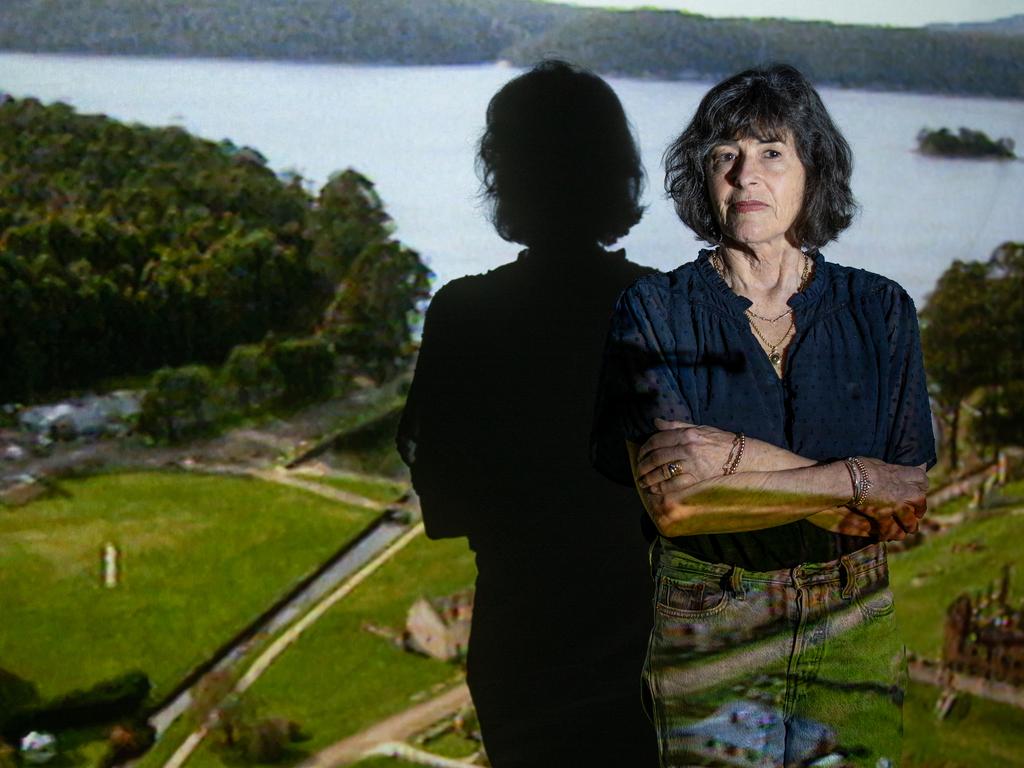
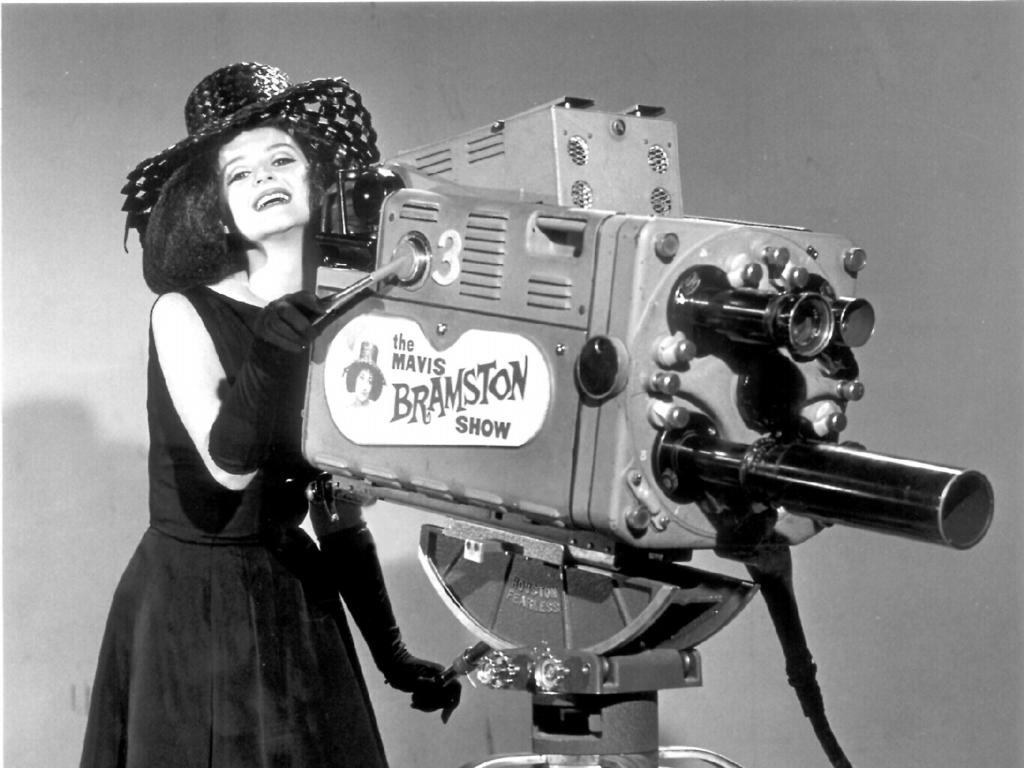

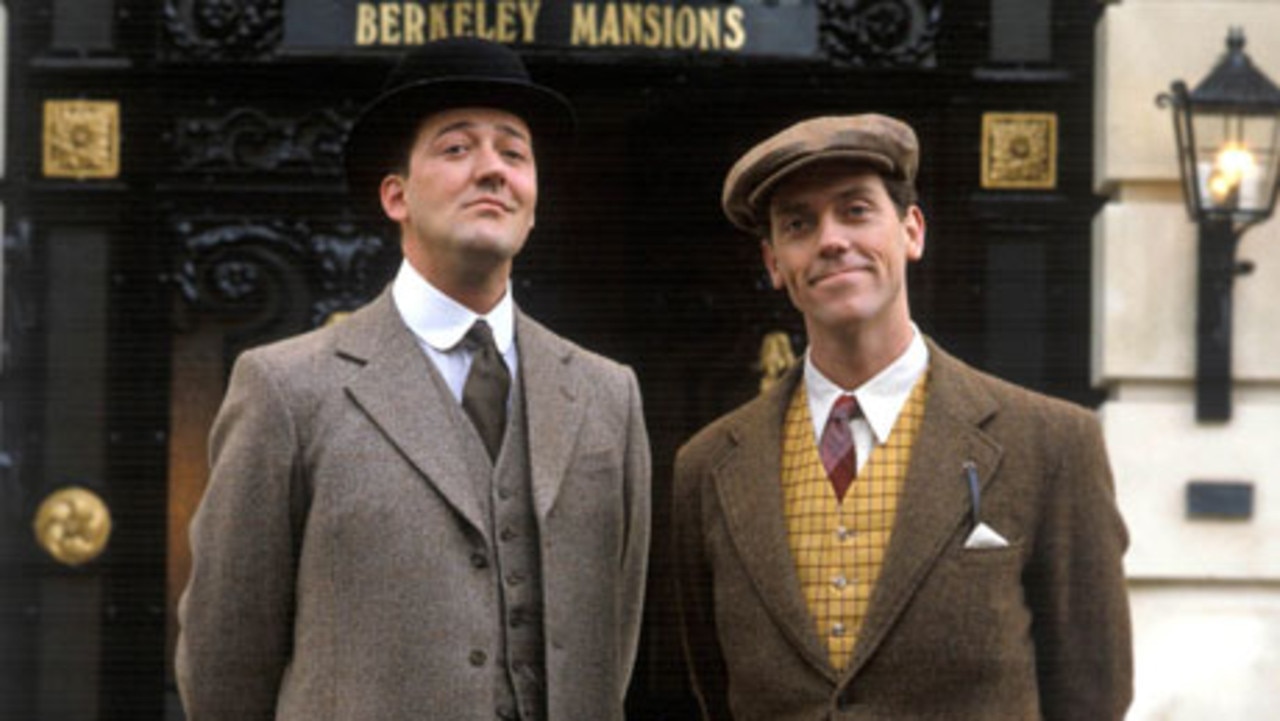
To join the conversation, please log in. Don't have an account? Register
Join the conversation, you are commenting as Logout